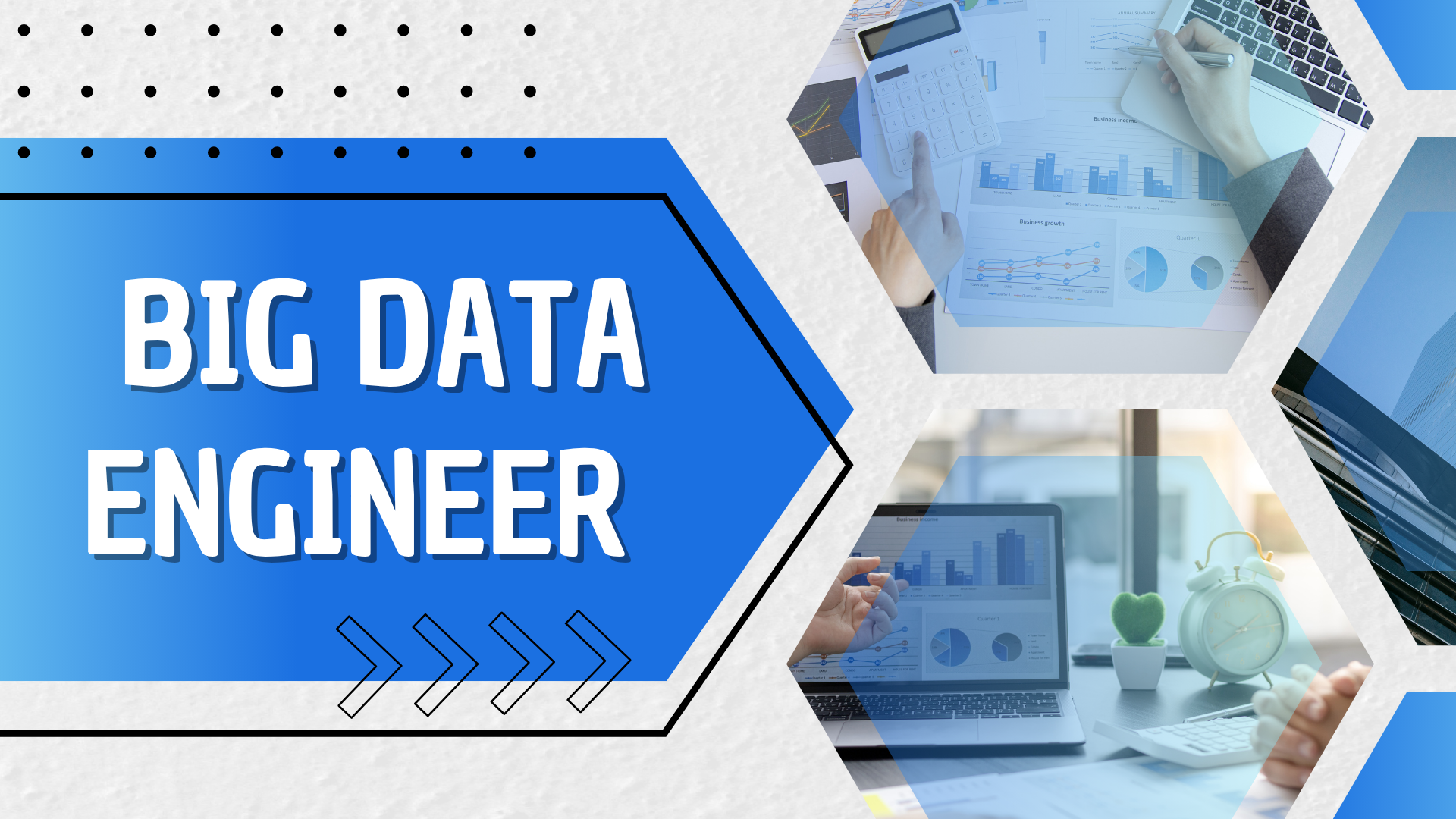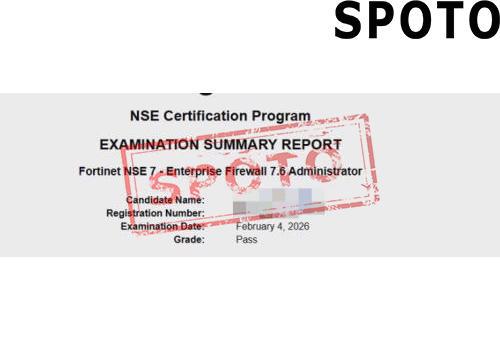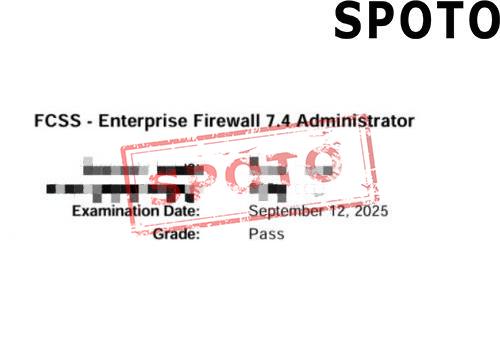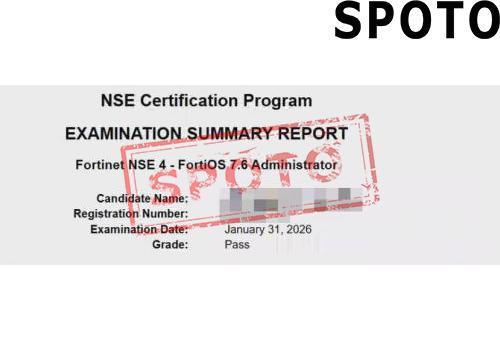
Table of Contents
Are you fascinated by the sheer volume of data generated every second and wondering how businesses harness this information to make smarter decisions? Or perhaps you're contemplating a career shift into a rapidly growing tech field that offers excellent compensation and future prospects? If so, you're not alone—the demand for big data professionals has never been higher.
In this article, we'll explore the role of a Big Data Engineer—what they do, how they differ from Data Scientists, the skills required, salary outlook, and the best pathways to enter this high-demand career. Let's start with the basics.
1. What is a Big Data Engineer?
A Big Data Engineer is a specialist responsible for designing, developing, and maintaining the infrastructure that allows organizations to process, analyze, and leverage massive data sets—commonly called "big data." These professionals build scalable data pipelines, optimize data storage solutions, and implement systems that ensure data is accessible and clean for analysis.
In an era where companies collect terabytes and petabytes of data daily, big data engineers are the backbone that makes data-driven decision-making possible. They work with cutting-edge technologies like Hadoop, Spark, Kafka, and cloud platforms to build reliable and efficient data ecosystems.
2. What does a data engineer do?
Typical Job Responsibilities
Big Data Engineers have several core responsibilities:
- Designing and implementing data pipelines using ETL (Extract, Transform, Load) processes
- Creating and managing scalable data architectures tailored to business needs
- Building and optimizing data storage solutions such as data lakes and data warehouses
- Writing high-performance code with languages like Java, Python, or C++
- Collaborating with data scientists and analysts to ensure data quality and accessibility
- Researching new data collection methods and improving existing systems
In essence, their primary goal is to ensure that data flows seamlessly across the organization, is structured properly, and is ready for analysis.
Skills & Technologies Needed
To excel as a big data engineer, you should develop expertise in
- Programming languages: Python, Java, C++
- Big data tools: Hadoop, Spark, Kafka, Hive
- Databases: SQL, NoSQL, MongoDB, Cassandra
- Cloud platforms: AWS, Google Cloud, Azure
- Data modeling and architecture design
- Data warehousing and ETL processes
Acquiring these skills requires structured learning and hands-on practice. Fortunately, SPOTO offers specialized courses that can accelerate your learning curve—like their Big Data and Data Engineering certification programs, which cover everything from foundational concepts to advanced tools. These courses are designed for learners with various backgrounds and include real-world projects to prepare you for industry roles.
3. Salary & Job Outlook
The outlook for big data engineers is highly promising:
Average Salary: In the US, the average salary exceeds $130,000 annually, with higher figures for experienced professionals.
Job Growth: The U.S. Bureau of Labor Statistics projects an impressive growth rate of 26% between 2023 and 2033 for related roles like computer and information research scientists, highlighting a thriving industry.
In India, salaries are competitive, with mid-level engineers earning upwards of ₹730,000 per year, and opportunities booming in tech hubs like Bangalore.
As organizations continue to leverage big data for competitive advantage, the demand for skilled engineers will only accelerate.
4. How to Become a Big Data Engineer?
Here's a step-by-step roadmap:
Educational Foundation
A bachelor's degree in computer science, data science, or a related field is essential. Advanced degrees can further boost your prospects.
Gain Practical Experience
Internships, freelance projects, or entry-level roles in data management can build your hands-on skills.
Certifications & Training
Professional certification validates your expertise. Certifications from Google Cloud Certified Professional Data Engineer, IBM IBMCertified Data Engineer, or Cloudera are highly valued.
Keep Learning
The field evolves rapidly—staying updated with new tools, frameworks, and best practices is crucial.
To streamline your path, consider enrolling in SPOTO's comprehensive Data Engineering courses. Their curriculum covers essential technologies like Hadoop, Spark, cloud data services, and more, with expert guidance to ensure you gain real-world skills.
5. Conclusion
The role of a Big Data Engineer is essential in today's data-driven world. It offers the opportunity to work on cutting-edge technologies, solve complex problems, and contribute to organizational growth—also, with attractive compensation and high job stability.
Whether you're a fresh graduate or a seasoned professional seeking a career pivot, this field has immense potential. Equipping yourself with the right skills through top-tier courses from SPOTO can open doors to exciting opportunities in big data.
Are you ready to make the leap and become a pivotal part of tomorrow's data revolution? Start your journey today with SPOTO's specialized programs and unlock a future where data is your greatest asset.










